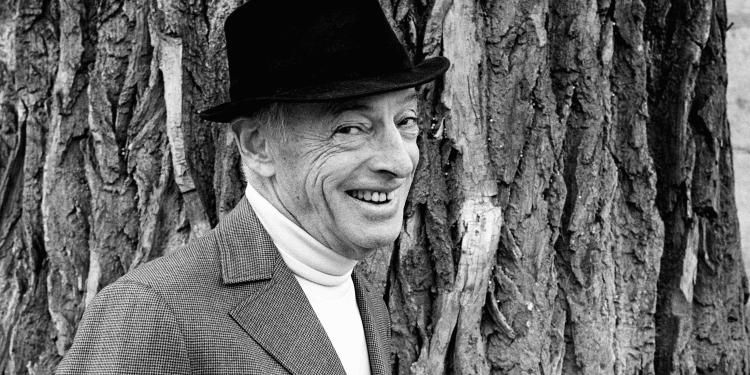
Information

Saul Bellow was a Canadian-born Great American Novelist. His career as a serial prize-winner was crowned in 1976 when he was awarded the Nobel Prize for Literature.
Bellow (born Soloman) was the son of Russian-Jewish immigrants, and only discovered he had entered the United States illegally as a child when he tried to enlist in the American armed forces. His novels deal with the fault lines of modern society and his most celebrated fictions include The Adventures of Augie March, Herzog, and Humboldt’s Gift. Bellow accepted the position of Booker Prize judge on the condition that he would be put up at the Ritz (he was, and, according to his fellow judge John Gross, then complained that he didn’t have a view of Green Park).
Bellow was shortlisted, for his entire body of work, for the Man Booker International Prize 2005.
Between 2005 - 2015, the Man Booker International Prize recognised one writer for their achievement in fiction.
Worth £60,000, the prize was awarded every two years to a living author who had published fiction either originally in English or whose work is generally available in translation in the English language.
The winner was chosen solely at the discretion of the judging panel and there were no submissions from publishers.
The Man Booker International Prize was different from the annual Man Booker Prize for Fiction in that it highlighted one writer’s overall contribution to fiction on the world stage. In focusing on overall literary excellence, the judges considered a writer’s body of work rather than a single novel.